Scientist shares reversal of liver disease in new trial
Arun Sanyal, M.D., director of the VCU Stravitz-Sanyal Institute for Liver Disease and Metabolic Health, discusses the clinical trial involving 800 participants, in which a weekly dose of semaglutide was effective at treating fatty liver disease.
As cases of drug-induced liver injury (DILI) are on the rise, experts are warning of the hidden dangers associated with some common medications and supplements.
Statistics show that DILI, also known as toxic hepatitis or hepatotoxicity — which is known to be a significant cause of acute liver failure — has been growing in Western countries since the 1960s.
Around one-fifth of the total population who are prescribed medications will experience DILI, according to recent research published in the journal Toxicology Reports.
COMMON DAILY VITAMIN COULD SLOW BIOLOGICAL AGING, MAJOR STUDY SUGGESTS
Potential triggers of liver injury include herbal products, dietary supplements and medications, the study found.
Those with pre-existing liver conditions and nutritional deficiencies are at a higher risk, as are pregnant women.
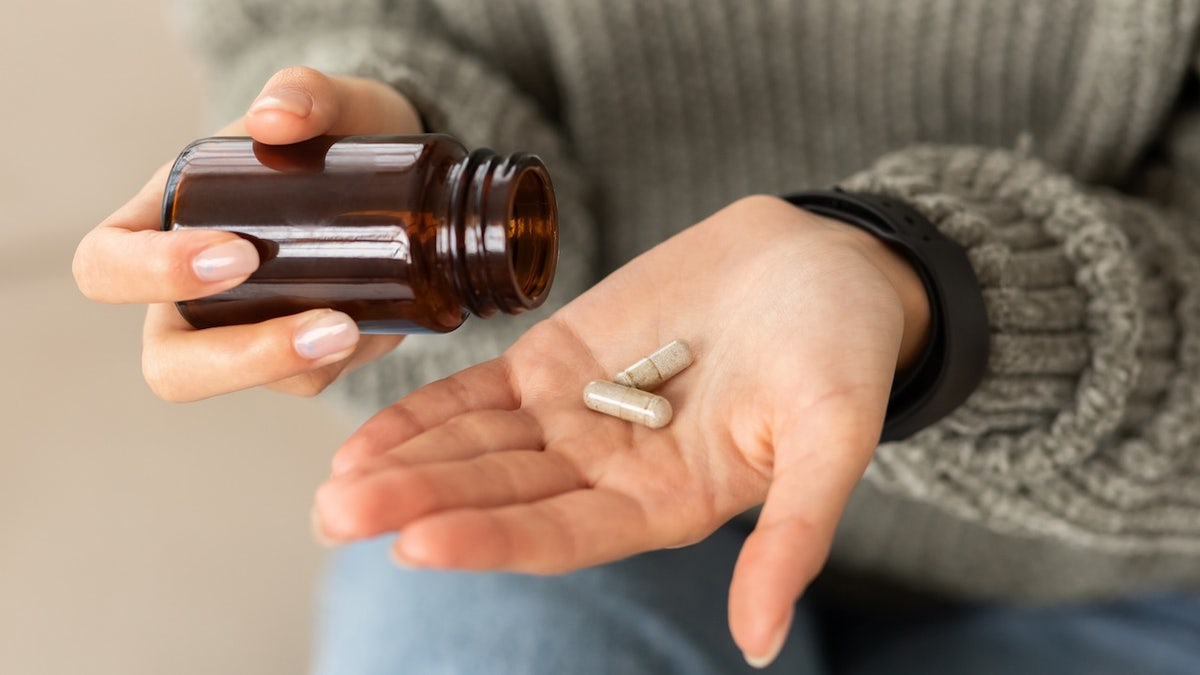
As cases of drug-induced liver injury are on the rise, experts are warning of the hidden dangers associated with some common medications and supplements. (iStock)
How drugs can harm the liver
One of the liver’s main functions is to break down substances taken orally, including supplements and medications, according to the American College of Gastroenterology (ACG).
For some people, the process of metabolizing these substances can be slower, increasing the risk of liver damage.
COLORECTAL CANCER RISK REDUCED BY THIS COMMON VITAMIN, STUDY SUGGESTS
Even medications that have been tested for safety and approved by the U.S. Food and Drug Administration (FDA) can potentially cause liver injury in rare cases, stated the ACG.
Common symptoms of liver disease include nausea, loss of appetite, abdominal pain, generalized itching, dark urine and jaundice, although some people may notice no signs, per the above source.
ALCOHOL DRIVES UP LIVER TRANSPLANT DEMAND IN YOUNG PEOPLE
Most common medications that cause DILI
The recent study in Toxicology Reports identified several drugs that are most likely to cause liver injury.
- Paracetamol (acetaminophen), a common over-the-counter pain reliever
- Nonsteroidal anti-inflammatory drugs (NSAIDs), which are often used to treat headaches, fever and chronic inflammatory disorders
- Aspirin, a common over-the-counter medication used as a fever-reducer, pain reliever and blood thinner
- Nimesulide, an NSAID used to relieve pain and reduce fever
- Methotrexate, an antimetabolite medication that is used to treat rheumatoid arthritis, lymphoma, leukemia and other cancers
- Corticosteroids, which are used to treat conditions involving inflammation or overactive immune systems
- Isoniazid, a first-line treatment for tuberculosis
- Tetracyclines, a class of antibiotics that treat multiple types of bacterial infections
- Halothane, which is used as a general anaesthetic during surgical procedures
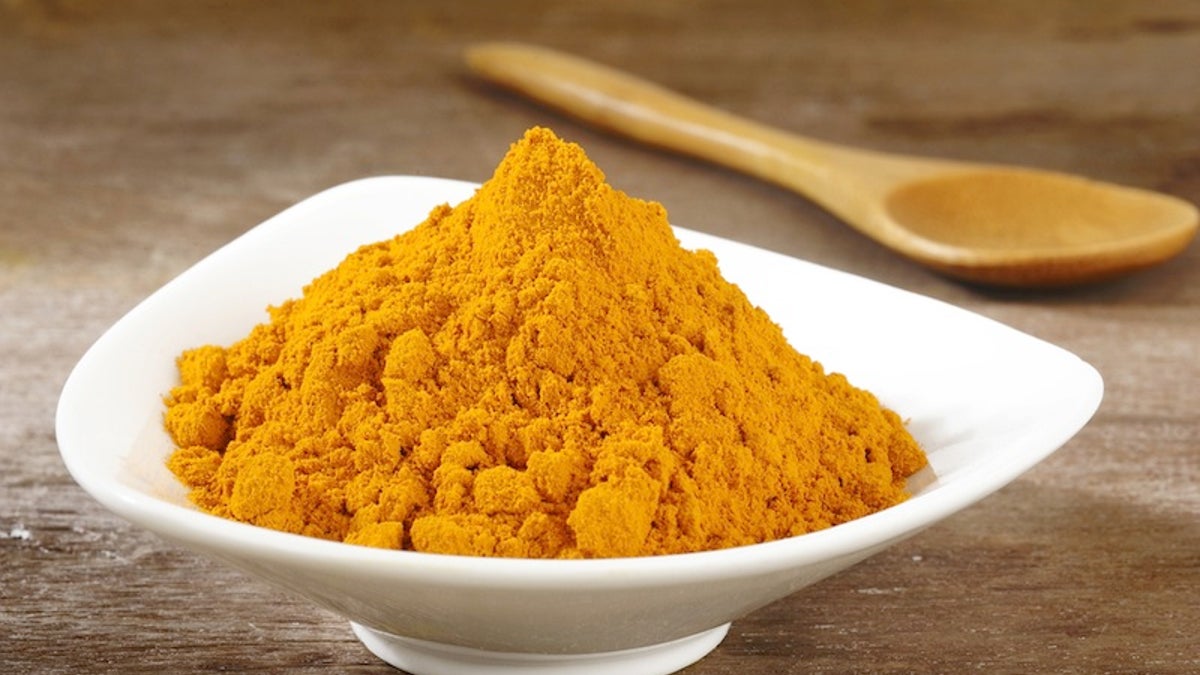
Turmeric, a common spice added to foods, has been linked to potential liver toxicity. (iStock)
Supplements linked to liver damage
Medications aren’t the only agents that can cause drug-induced liver injuries.
Dr. Marc Siegel, Fox News senior medical analyst, spoke with Fox News Digital about the risks of herbal and dietary supplements (HDS) affecting the liver.
“The biggest problem with herbal supplements is that the amount you are taking of active chemicals isn’t strictly regulated, so you don’t know exactly what you are getting.”
“The biggest problem with herbal supplements is that the amount you are taking of active chemicals isn’t strictly regulated, so you don’t know exactly what you are getting,” he said.
“And since several of the supplements are metabolized through the liver, there is now an increasing incidence of liver toxicity in users.”
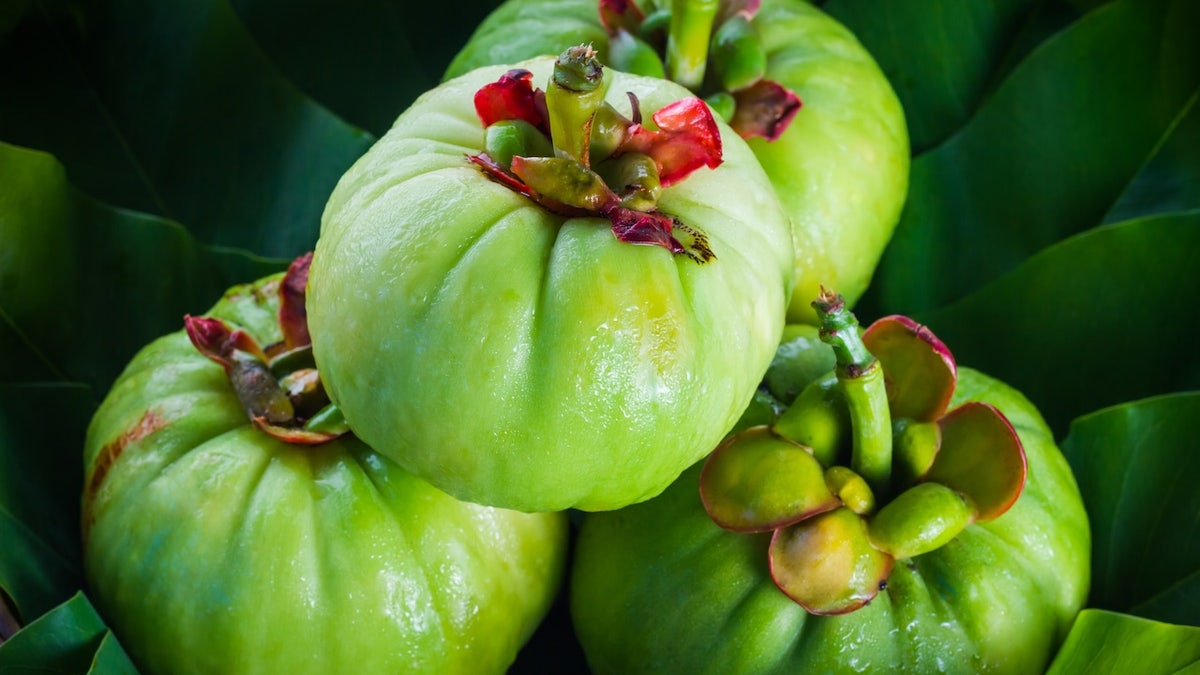
Garcinia cambogia, a popular weight-loss supplement, is among commonly used botanical products known for potential liver toxicity. (iStock)
Cases of DILI linked to herbal or dietary supplements have nearly tripled between 2004 and 2014, according to a 2024 study published in JAMA Network Open.
The researchers identified the following most commonly used botanical products known for potential liver toxicity.
- Turmeric, a common spice added to foods
- Green tea
- Ashwagandha, an herb used for stress and anxiety
- Garcinia cambogia, a popular weight-loss supplement
- Red yeast rice, which is said to help lower cholesterol levels
- Black cohosh, a dietary supplement used to relieve menopause symptoms
It is estimated that at least 15.6 million U.S. adults have used at least one of these six botanical products within the past 30 days.
COMMON SUPPLEMENT COULD HELP YOU LIVE LONGER, RESEARCH SUGGESTS
“The most commonly implicated botanical products in the DILIN (Drug-Induced Liver Injury Network) include turmeric, kratom, green tea extract and Garcinia cambogia, with potentially severe and even fatal liver injury,” the study stated.
Drug-induced liver injury caused by HDS can be severe or even fatal, leading to death or liver transplantation, the researchers noted.
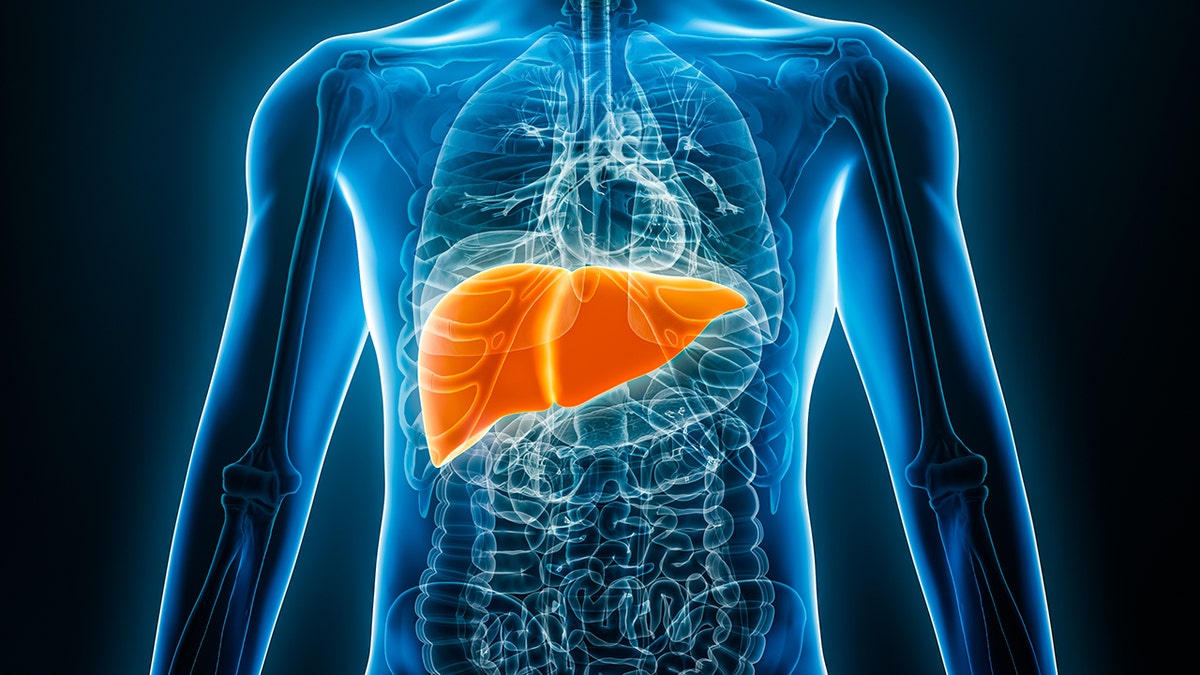
Toxic hepatitis or hepatotoxicity — which is known to be a significant cause of acute liver failure — has been growing in Western countries since the 1960s. (iStock)
Fox News’ Siegel also warned against the potential liver-related risks of some of these named supplements.
“Turmeric is a natural anti-inflammatory and may be useful in small doses, but can be toxic in large doses,” he cautioned.
CLICK HERE TO GET THE FOX NEWS APP
“Garcinia cambogia is very popular, especially as a weight-loss agent, but there is no real evidence that it actually works, and there is no reason to take it, especially with the new GLP-1 drugs.”
While red yeast rice has cholesterol-lowering statin-type properties, Siegel cautioned that the amount of active chemicals isn’t as strictly regulated as approved medications.
“Turmeric is a natural anti-inflammatory and may be useful in small doses, but can be toxic in large doses.”
“I find it useful in some patients who are reluctant to start statins and are looking for a more natural alternative, but I must strictly monitor the amount taken and the effect on the liver,” he said.
Regarding green tea, Siegel noted that it does have antioxidant properties and can be useful to consume as a beverage (though it has a lot of caffeine) — “but there is no reason whatsoever to take more of it in an extract, where it can be toxic.”
CLICK HERE TO SIGN UP FOR OUR HEALTH NEWSLETTER
The FDA states on its website that it does regulate dietary supplement products and dietary ingredients, but under “a different set of regulations than those covering ‘conventional’ foods and drug products.”
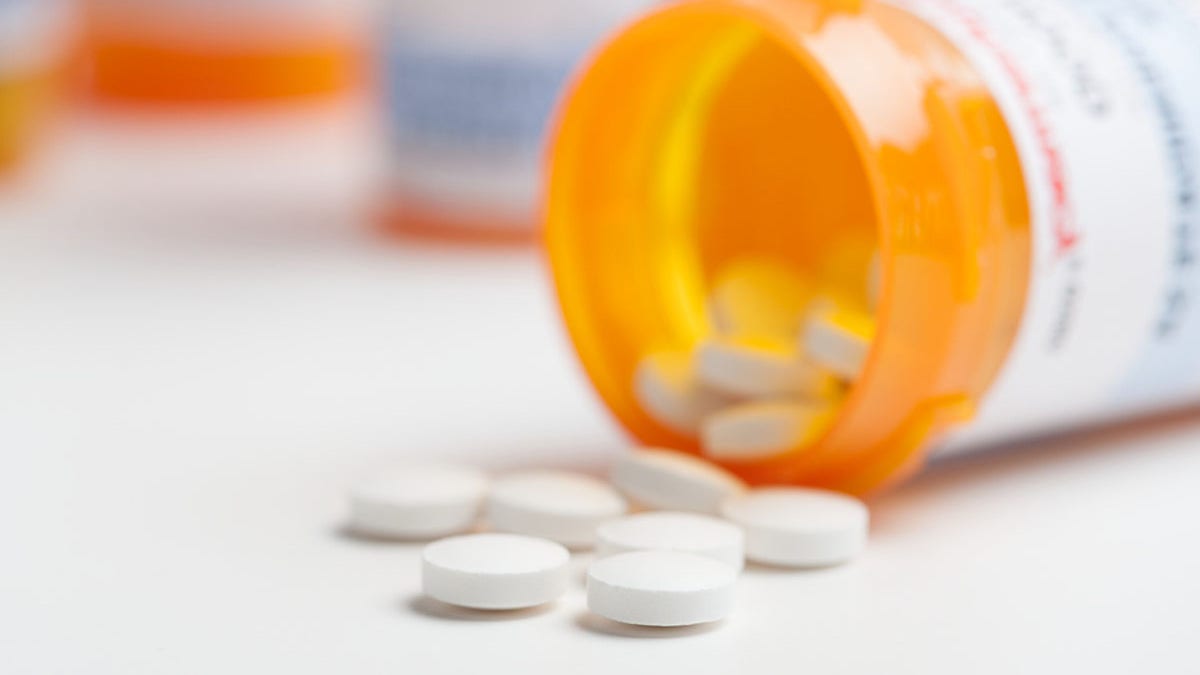
Drug-induced liver injury caused by HDS can be severe or even fatal, leading to death or liver transplantation. (iStock)
“Manufacturers and distributors of dietary supplements and dietary ingredients are prohibited from marketing products that are adulterated or misbranded,” the agency says. “That means that these firms are responsible for evaluating the safety and labeling of their products before marketing to ensure that they meet all the requirements of the Federal Food, Drug, and Cosmetic Act as amended by DSHEA and FDA regulations.”
For more Health articles, visit www.foxnews.com/health
Fox News Digital reached out to several researchers and the FDA regarding the rise in drug- and HSD-related liver injury.




Leave a Comment